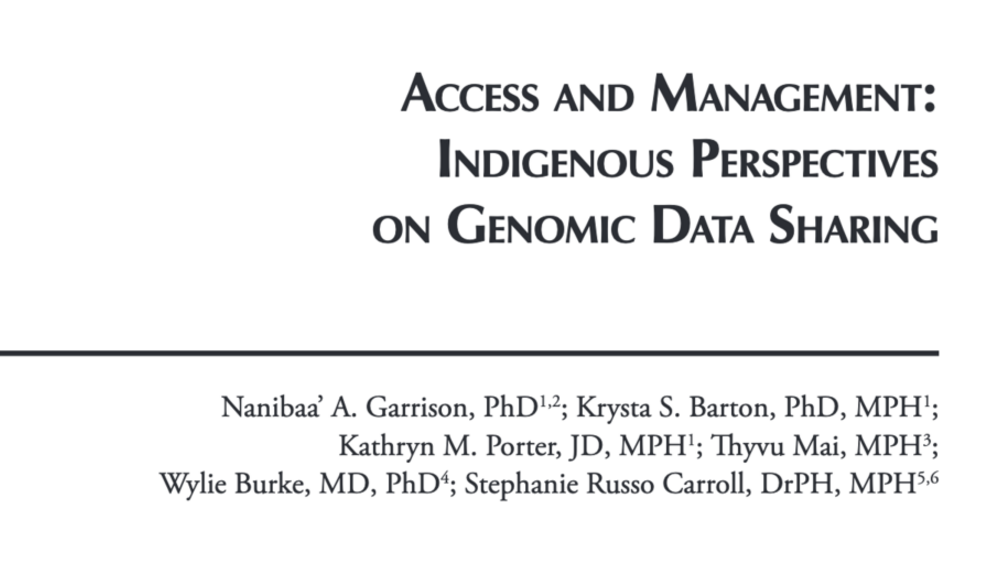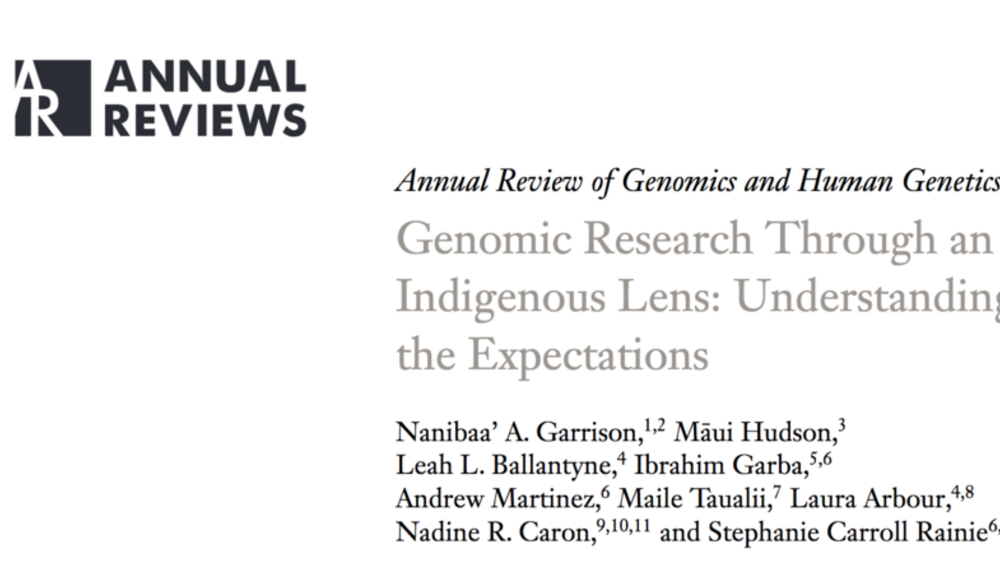At a time of significant technological change and digitization in the biological sciences, the COVID-19 pandemic has highlighted again the inequities in the research and innovation ecosystem. Based on a consultation with an internationally diverse group of stakeholders from multiple fields and professions, and on a broadly representative set of case studies, this report offers a new approach to the global governance of genetic diversity and genomic research and innovation. We recommend that in addition to the many valuable efforts at the macro-policy level and at the micro-level of projects, teams and organizations, the global community concerned with genetic diversity and genomic research and innovation should devise and implement a meso-level initiative that includes three main components:
- First, it should establish a new professional capacity to govern research and innovation at the meso-level. Governance capacity, built through a networked community of practice, has the benefit of connecting and integrating macro-level policy intentions with micro-level actions. It facilitates a consistent professional basis from which local and regional level flexibilities can generate new norms of reflection that better integrate multiple synergies, reconcile tensions, recognizeinequities, and redress persistent inequalities.
- Second, the global community should redouble efforts to build research capacity in genomic research and innovation in the Global South and for Indigenous Peoples. Such an effort should be focused on broader programmatic objectives that facilitate cross-national and cross-regional collaboration, as well as enhancing research communities in the Global South and in Indigenous communities. Together, the twin capacities of governance and research can reduce power differentials among diverse actors and support crisis-based imperatives for data openness.
- Third, we recommend that existing global policy frameworks interface with research governance and capacity investment. This meso-level approach should gain the commitment and support from national and international policy bodies, embedded within existing specific issue-areas (health, agriculture, environment).
A new approach, one that can better respond to global crises though more open, inclusive and equitable participation in research and innovation, is necessary to resolve the tensions among openness, innovation and equity that the current discourse on genetic diversity reiterates. Failure to systematically address the social and technical governance challenges will result in further fragmentation, inequity and vulnerability for decades to come. Conversely, investing in the current historical moment of the pandemic to build twin capacities for meso-level governance and research is poised to prevent and/or reduce the impact of future ecological crises, while contributing to planetary sustainability and prosperity in the 21st century for current and future generations.
Additional Information
Welch, E., Louafi, S., Carroll, S.R., Hudson, M., IJsselmuiden, C., Kane, N., Leonelli, S., Marin, A.,Özdemir, V., Reichman, J.H., Tuberosa, R., Ubalijoro, E.,Wesseler, J. 2021. Post COVID-19 Implications on Genetic Diversity and Genomics Research & Innovation: A Call for Governance and Research Capacity. Food and Agriculture Organization of the United Nations.




